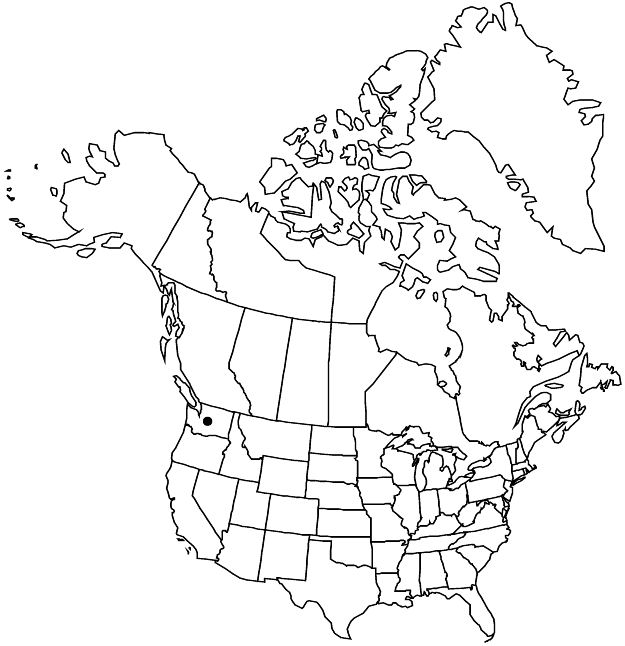Difference between revisions of "Sorbaria kirilowii"
Trudy Imp. S.-Petersburgsk. Bot. Sada 6: 225. 1879.
imported>Volume Importer |
imported>Volume Importer |
||
| Line 63: | Line 63: | ||
|publication year=1879 | |publication year=1879 | ||
|special status=Introduced | |special status=Introduced | ||
| − | |source xml=https:// | + | |source xml=https://bitbucket.org/aafc-mbb/fna-data-curation/src/2e0870ddd59836b60bcf96646a41e87ea5a5943a/coarse_grained_fna_xml/V9/V9_665.xml |
|subfamily=Rosaceae subfam. Amygdaloideae | |subfamily=Rosaceae subfam. Amygdaloideae | ||
|tribe=Rosaceae tribe Sorbarieae | |tribe=Rosaceae tribe Sorbarieae | ||
Latest revision as of 22:58, 5 November 2020
Plants 15–70 dm. Leaves: blade 14–35 × 8–17 cm; leaflets 13–21, oblong-ovate, (30–)60–90(–130) × (10–)13–30(–40) mm, abaxial surface with simple hairs to 0.8 mm in vein axils, sometimes also stipitate-stellate, adaxial glabrous. Inflorescences (7–)20–30(–42) × (5–)10–17(–33) cm. Pedicels (and axes) usually glabrous. Flowers 5–9 mm diam. (anther tip to tip); hypanthium glabrous; sepals ovate-rounded, margins entire; petals orbicular, 1.9–3.5 mm diam.; stamens 20–25, those opposite petals 1–1.5 mm, others 1.9–2.5(–4.5) mm; ovaries glabrous or nearly so, styles 1–1.2 mm. Follicles 3–5.3 mm, glabrous or nearly so.
Phenology: Flowering Jun–Jul.
Habitat: Roadsides
Elevation: 10–400 m
Distribution

Introduced; Wash., Asia (China, Japan, Korea, Tibet), introduced also in Europe.
Discussion
Sorbaria kirilowii is cultivated in the United States and Europe, persisting and becoming naturalized in northwestern Washington.
Selected References
None.